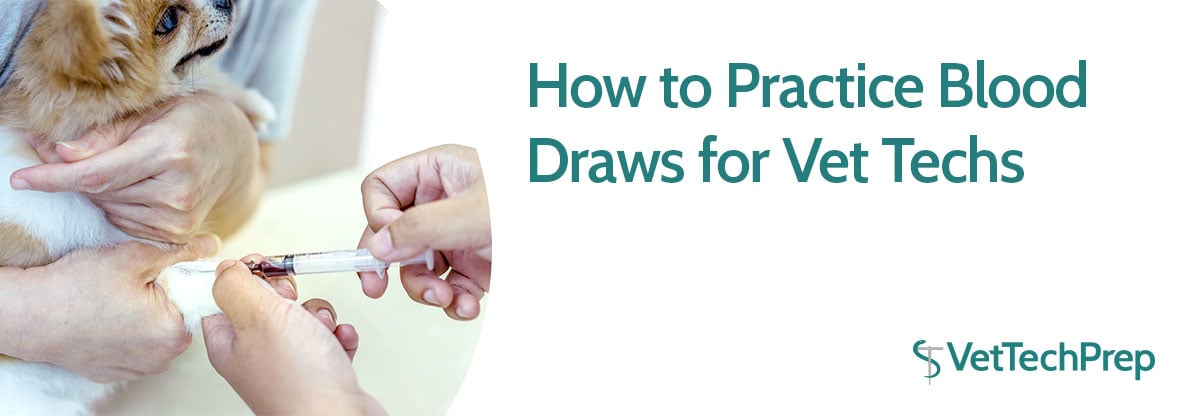
Whether you’re preparing for your first job as a veterinary technician or beginning an internship as part of your vet tech training, big job changes are often accompanied by some anxiety.
It’s normal to be nervous when starting a new job… especially when you’re transitioning to a new role within veterinary medicine! Fortunately, there are several things that you can do to calm your nerves and help your first day go smoothly.
Read More







.jpg?width=864&name=role-ig%20(1).jpg)

.jpg?width=1200&name=radiology%20(1).jpg)


